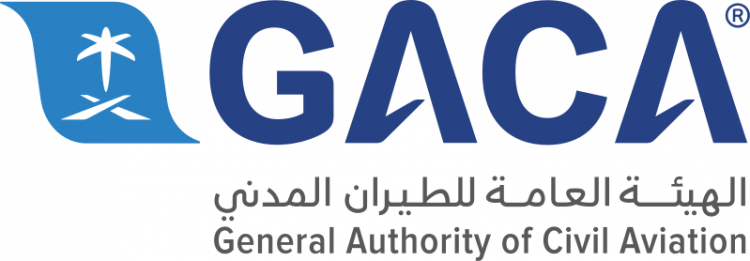Publisher: Maaal International Media Company
License: 465734
GACA monitors quality of facilities and services provided at airports to improve Hajj journey
The General Authority of Civil Aviation (GACA), in partnership with airports and operating companies, endeavors to provide the best services to pilgrims by applying the highest standards of security and safety, and providing high-quality facilities and providing services that ensure their comfort.
Attaching importance to the Hajj season, and aware of the efforts made by the Saudi government to serve the pilgrims and of the pivotal role GACA plays during the Hajj season, it works to ensure that the highest standards of safety and quality are applied by service providers; it also monitors the quality of services provided to pilgrims, to ensure that they are satisfied with being given the best.
GACA also thrives to improve the experience of pilgrims at airports, measuring performance against world-level standards and indicators, and involves both beneficiaries and stakeholders in improving the services by setting and following up on the service performance indicators at airports, and by measuring the traveler satisfaction; it also involves stakeholders and beneficiaries in the endeavor to improve the quality of services, in general, and to pilgrims, in particular, bringing them on par with the best international standards, in implementation of the directives of the government of the Custodian of the Two Holy Mosques, and of HRH the Crown Prince to provide the best services to pilgrims, and facilitate their travel procedures, in coordination with the relevant public and private agencies.
اقرأ المزيد
The authority is responsible for controlling quality and ensuring travelers’ protection, and it does so by following up on the performance and operations pertaining to travelers; during the Hajj season, from the moment they arrive at the terminals until they depart by buses to their residence, passing through the services provided at the airport (vaccinations , travel documents, receipt of luggage and customs inspection, airport facilities and services, and buses), monitoring reception procedures, ensuring the cleanliness of facilities, and monitoring the waiting times for each procedure required of pilgrims.
A quality control team present 24 hours in the Hajj terminals supervises the services provided at the Hajj terminals in six stages. One is assessment of readiness for the arrival, with pre-assessments carried out through field tours to evaluate the readiness of facilities and services. The evaluation covers all travel points through which pilgrims pass.
The second phase entails following up on the quality of services at arrival, with the performance and quality of services provided monitored by analyzing 16 indicators to measure waiting times and levels of satisfaction throughout the travel stages, and sharing observations with the relevant authorities, to take corrective measures if needed, to improve services.
The third stage includes an assessment of the readiness for the departure stage. A pre-evaluation is carried out through field tours at all points through which pilgrims pass. The fourth stage consists of monitoring the quality of services at the departure stage by monitoring and analyzing 15 indicators to measure waiting times and the levels of satisfaction, and sharing observations with the relevant authorities, to take corrective measures if needed, to improve services.
In the fifth stage, the final report for the Hajj season is issued; it reviews the main challenges, opportunities for improvement, lessons learned, and suggestions to improve the quality of services for the following seasons.
In the final stage, complaints and suggestions are handled and travelers’ inquiries are answered to around the clock. At the same time, travelers are informed of their rights and duties through GACA’s channels of communication.









